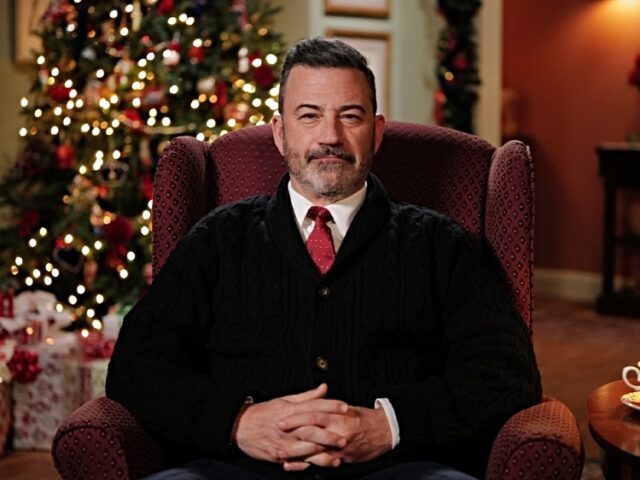The NHS should be the pride of Britain. Instead, it’s the death of us.
A visit to any NHS hospital will quickly reveal the challenges the health service faces
CAMILLA TOMINEYASSOCIATE EDITOR12 September 2024 • 11:36am


A landmark report finding that NHS hospitals are doing less work for their patients despite being handed more money than ever will surprise no one in the UK.
Lord Darzi’s damning review found that A&E waiting times have swollen so much that a patient in need of care will now typically have 100 people ahead of them in the queue – up from just under 40 people in 2009.
I had not entered an NHS hospital since the birth of my youngest child, 11 years ago – until this year when two people to whom I am incredibly close fell seriously ill.
In the last few weeks alone, I have visited University College Hospital London, Charing Cross Hospital, Chelsea and Westminster Hospital and St Mary’s Hospital, Paddington along with the private St John and Elizabeth Hospital in London.
These are my observations:
1) NHS hospitals, in London at least, are not under-staffed. Most of the staff are excellent – but there are still some bad apples, often agency staff working overnight or at weekends, who are badly trained and give the rest of the workforce a bad name.
2) The NHS would collapse without migrant workers. But a lot of the patients they are treating, especially in London, are not born in this country. So-call “health tourism” is a nettle successive governments have failed to grasp.
3) Accident and Emergency departments have become war zones, especially late at night, when staff are not dealing with casualties, but the drunk and disorderly, people with severe mental health problems and others who could not get in to see their GP and have nowhere else to go.
4) Most GPs no longer have oversight of their patients’ care. One of my loved ones is lucky enough to have an “old school” doctor, like my GP father before he retired, who is across all his health problems – but the other spent four weeks seriously ill in hospital without hearing from her GP once. She was discharged and told to contact her GP – but the GP has so far proved to be uncontactable. When she resolved to use her private health insurance to find a consultant general physician to oversee her rehabilitation – she had seen the doctor, had a chest X ray and blood tests (with results) within three and a half hours.
5) GPs need to be contractually compelled to provide more evening and weekend appointments.
6) There should be an urgent care centre or minor injuries unit in every town and city in Britain. The decision to close community hospitals, where patients could easily access outpatient and short-term in-patient care – was a catastrophic mistake and needs to be urgently reversed. Any reform agenda should include restoring smaller, local hospitals.
7) Pharmacy services have been grossly underfunded for years and should treat more patients for minor ailments, injuries and other conditions that unnecessarily clog up surgeries.
8) More students should be accepted to study medicine and dentistry in Britain.
9) There is a huge amount of waste in the NHS that must be tackled head-on. Every hospital should employ a waste-watcher, tasked with providing taxpayers with value for money.
10) The government must enact the recommendations in the Dilnot Commission Report – and finally legislate for a social care plan for the UK.
The NHS should be the pride of Britain – but unless it is dramatically reformed, it will end up being the death of too many of us. DT

.jpeg)